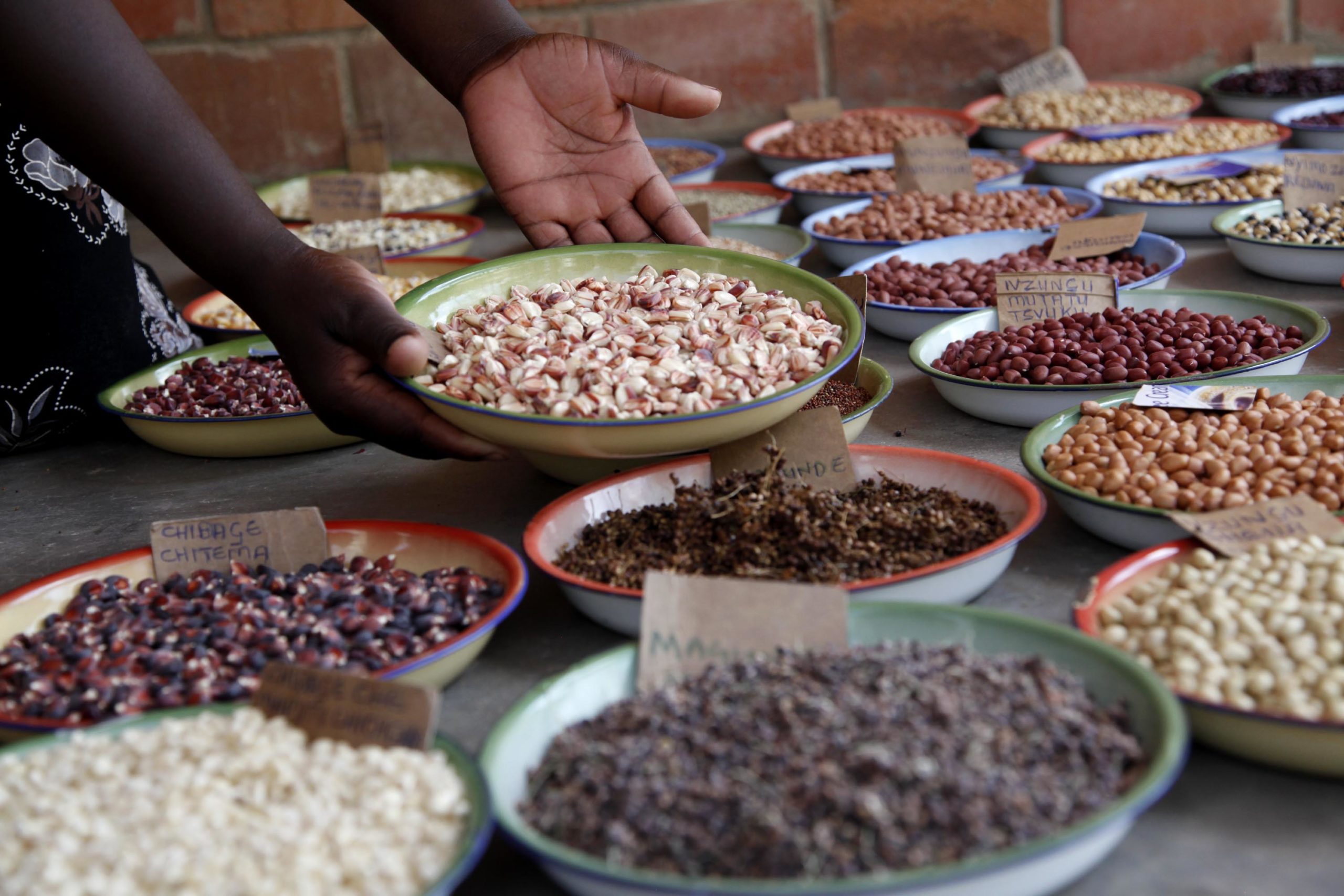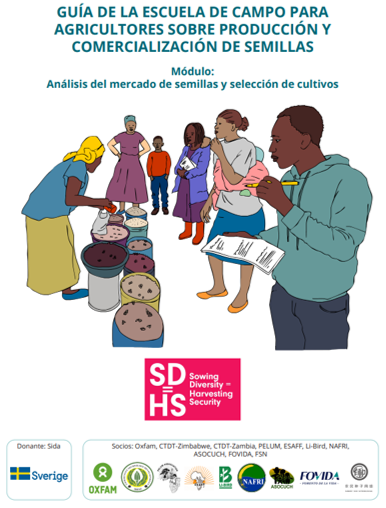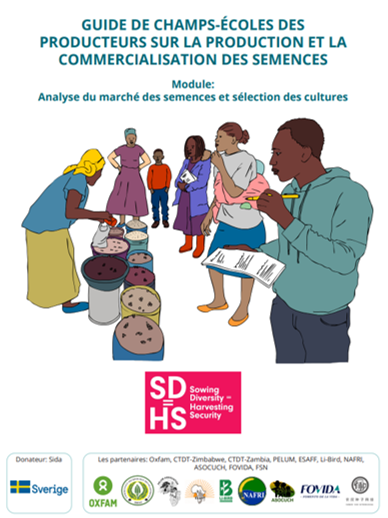By Nout van der Vaart, Oxfam Novib
The International Union for the Protection of New Plant Varieties (UPOV) has failed to take significant steps to expand the exception for small-scale farmers regarding the use of protected seeds for private and non-commercial use purposes. During its annual meeting in Geneva, the contracting parties did not reach an agreement after one and a half years of negotiations on this topic. This is a missed opportunity to bring this international convention, of which 76 countries across the world are members, more in line with global sustainable development and biodiversity goals. Expanding the exception, like Oxfam has been advocating for, the convention would be more attuned to the needs of small-scale farmers in countries in the Global South. It could offer them more legal certainty and space in their traditional agricultural practices.
Countries that become members of UPOV commit to making laws regarding the protection of intellectual property rights to plants (breeders’ rights). UPOV advises new members in writing these laws. Protecting newly developed plant varieties through the application of plant breeders’ rights is a common mechanism for plant breeders to recover the costs of the process of developing new varieties. However, in many low- and middle-income countries, where subsistence and small-scale farmers still produce 70-80 % of the food consumed, a strict interpretation of the breeders’ rights can cause problems for these farmers. The reality for many of them is that, in their (subsistence) agricultural practices, in addition to seeds from traditional varieties, they also occasionally use seeds from modern varieties protected by plant breeder’s rights. Current UPOV guidelines don’t allow for the commercial trade of these seeds. However, in their daily practice, small-scale farmers – as a survival strategy – often save, exchange, sell and trade seeds, with others in their direct environment. The current strict interpretation sees this as ‘commercial use of plant material protected by plant breeders’ rights’.
And that’s where the problem comes in. To strengthen food security, develop local food markets and help farmers adapt to climate change, it is necessary that small-scale farmers have access to a large and diverse range of seeds. The current interpretation of the rules inspires laws that have the opposite effect. It is important that the Dutch government, one of the founders of UPOV, uses its international influence to convince other parties that block a broader exemption for private and non-commercial use of protected seeds to agree to this. Considering the unequal distribution of power and resources in the world and the need to support marginalized populations and countries in the fight against climate change, an internationally authoritative convention such as UPOV must provide for the use of all seeds as a survival strategy for small-scale farmers.
If no clear solution to this problem is reached in the short term, UPOV risks losing more credibility as an international guideline for shaping seed and intellectual property rights laws. Low and middle-income countries in particular, which have to strike a delicate balance between securing the rights of farmers (to freely save, exchange, develop and trade seeds) and the rights of plant breeders, will see the convention as an instrument that mainly defends the interests of the Western seed industry, at the expense of the rights of their rural populations. However, to ban the entire convention would be a typical example of throwing the baby out with the bathwater. But to maintain credibility and legitimacy, and to stimulate inclusive and sustainable development in countries in Africa, Asia, and Latin America, UPOV must expand the exceptional position of small-scale farmers to use protected seeds. The Netherlands and allied actors like the European Union must do everything they can to convince others of this necessity.
(This is a write-up on the annual meeting of the UPOV Council that took place in Geneva from 25-27 October 2023. This blog was written on 03 November 2023, based on the observation of the meeting outcomes.)









